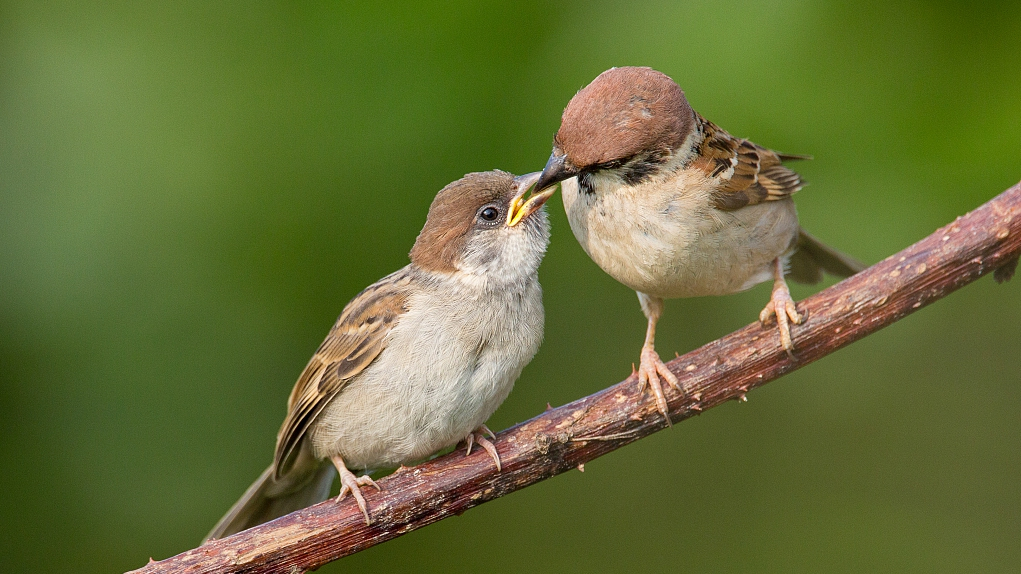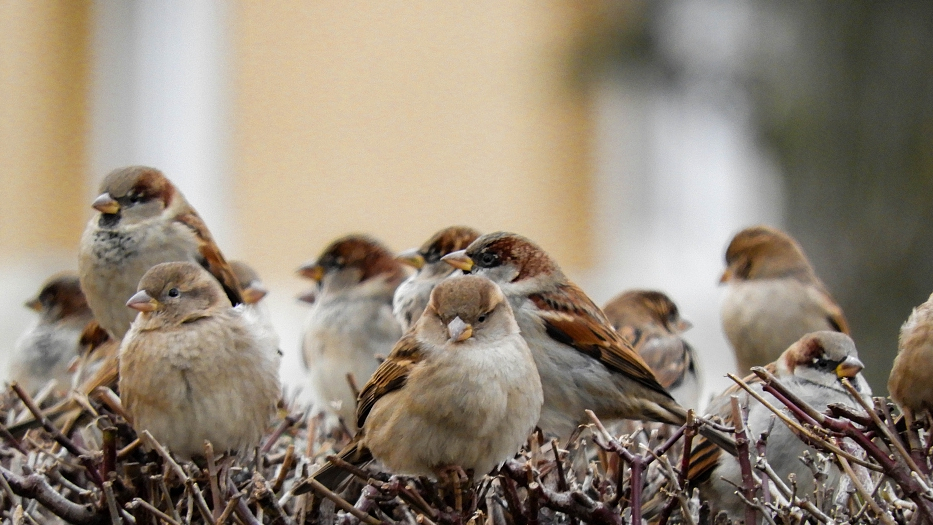
Story
16:28, 13-Feb-2019
The man who saved sparrows from catastrophe
By Zhang Hao

Scientists are trained to be pioneers that soldier on the truth in leading human being to better understand nature, regardless of contradiction to the mainstream knowledge for the time. Zheng Zuoxin, a Chinese ornithologist who was among many that managed to erase sparrows off the list of "four pests" in the 1950s, couldn't serve a better example.

Zheng Zuoxin, a Chinese ornithologist. /VCG Photo
Zheng Zuoxin, a Chinese ornithologist. /VCG Photo
China has a long history of having its economy rely heavily on agriculture, especially in the 1950s when people valued grain output as the top priority that determined their livelihood - seeing sparrow flocks stealing grains in the field during harvest time gave people an impression that these birds do nothing but cost great economic loss.
Thus sparrows, together with flies, rats and mosquitos, were listed by the government as the "four pests" deemed to be wiped out throughout the whole country to guarantee people's health and national economy.
Subsequently, a nation-wide campaign began when many people were seen trapping, poisoning or exhausting sparrows by creating constant noise from time to time. The mass killing of sparrows may have eased the fear for most people, whereas Zheng Zuoxin believed that many were only blinded by what sparrows appeared to be and the bird deserved all-round study before its death sentence.

Sparrows resting in the nest. /VCG Photo
Sparrows resting in the nest. /VCG Photo
Zheng was among many scientists who were against accusing sparrows. He repeatedly proposed to the government and asked for their reconsideration of the policy. Given the absence of any systematic research on sparrows in China, Zheng voluntarily led a team of colleagues and developed the first thorough study. They went into the field and collected over 800 sparrow samples for anatomy and analysis.
Eventually, study results revealed that sparrows feed on grass seeds in winter and insects in spring to nurture chicks. They won't pose any damage in forests, desert or cities unless when they come to the grain fields or barns during harvesting season. In fact, the birds do more good than damage to people's lives, since they play a major role in curbing the number of plant-eating pests.
With solid scientific proof, Zheng continued to advise the government by publishing articles in the newspaper and advocating in different seminars to adjust the one-for-all extermination. Seven years later, the government finally accepted scientists' persistent proposals, and sparrow was removed from the "four pests" list.
Zheng's sparrow story composes only a small fraction along his lifetime career in bird study. He was considered as the founder of modern Chinese ornithology. From the 1950s to 1980s, his field study on bird species covered the whole country, which provided a concrete foundation for China's first and largest stuffed birds library.
His work, "A Synopsis of the Avifauna of China," is regarded as one of the ornithological classics in the world, offering valuable knowledge for China's establishment of natural reservations.

SITEMAP
Copyright © 2018 CGTN. Beijing ICP prepared NO.16065310-3
Copyright © 2018 CGTN. Beijing ICP prepared NO.16065310-3